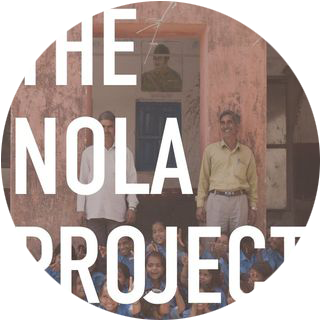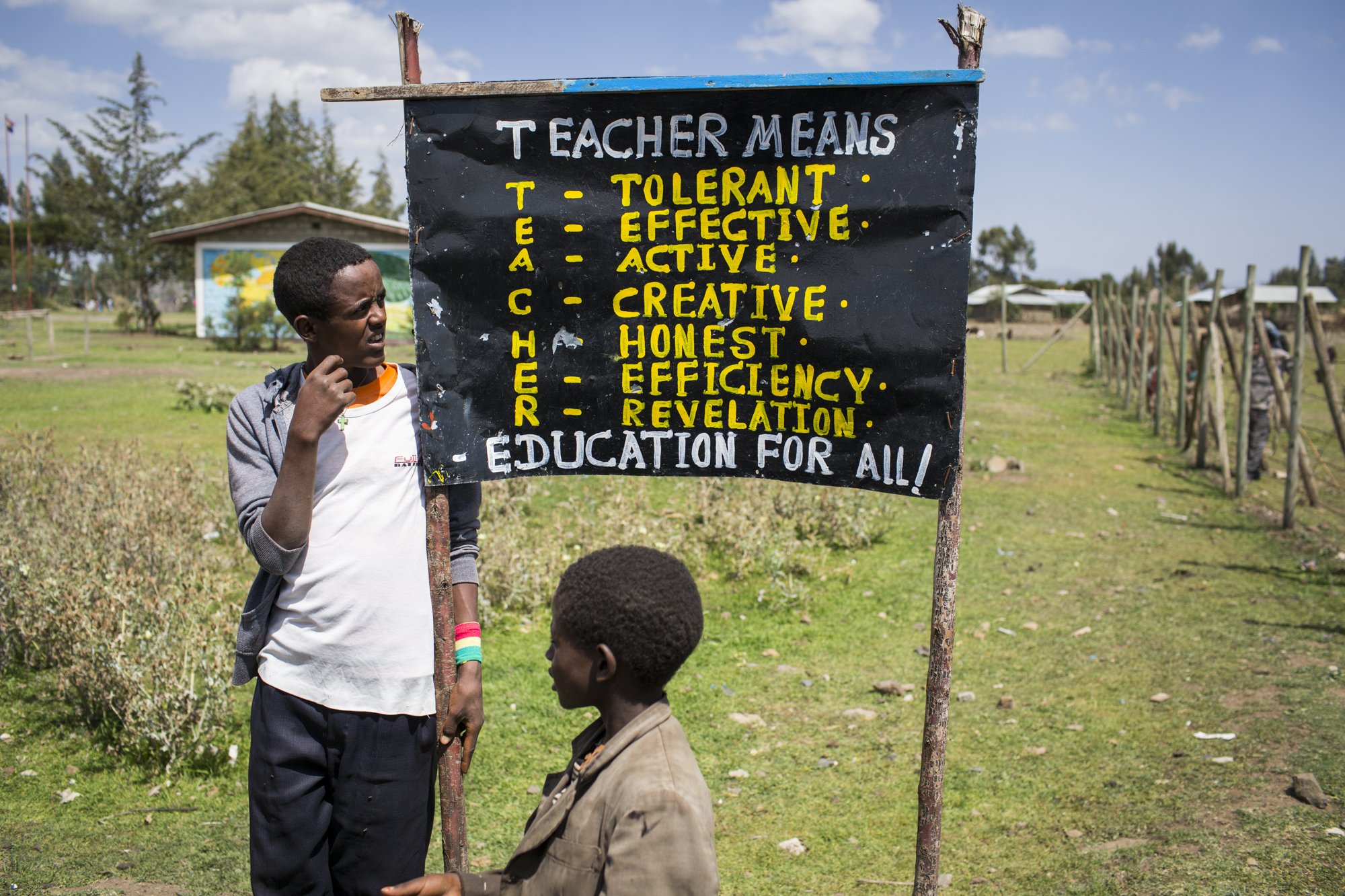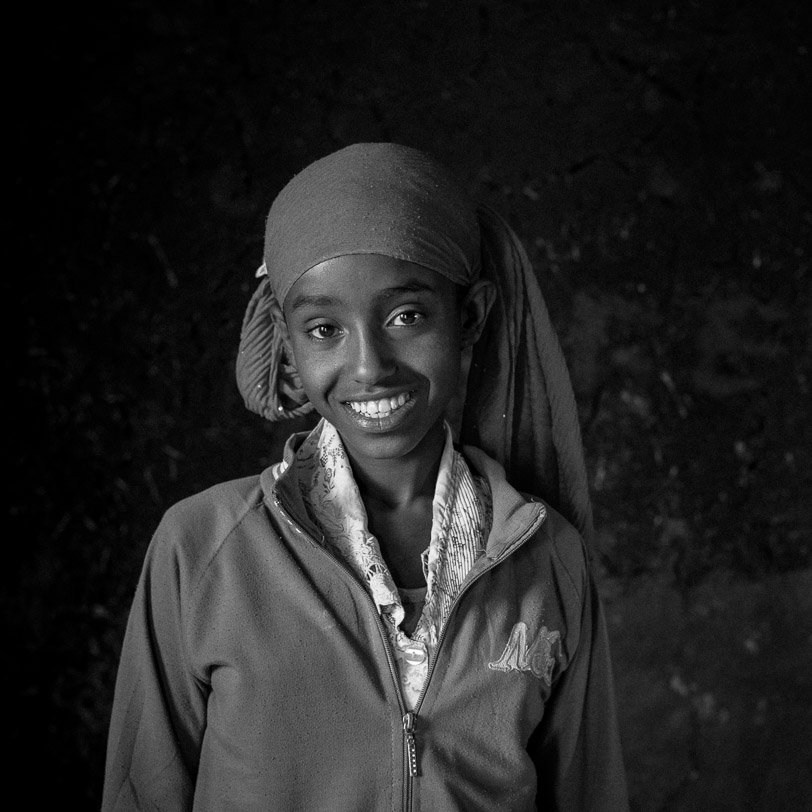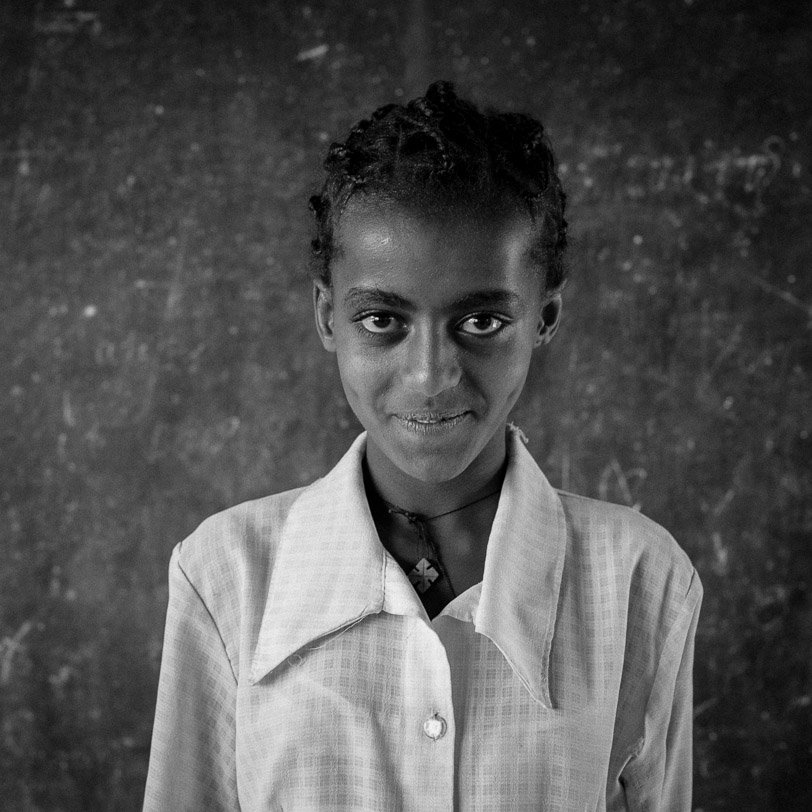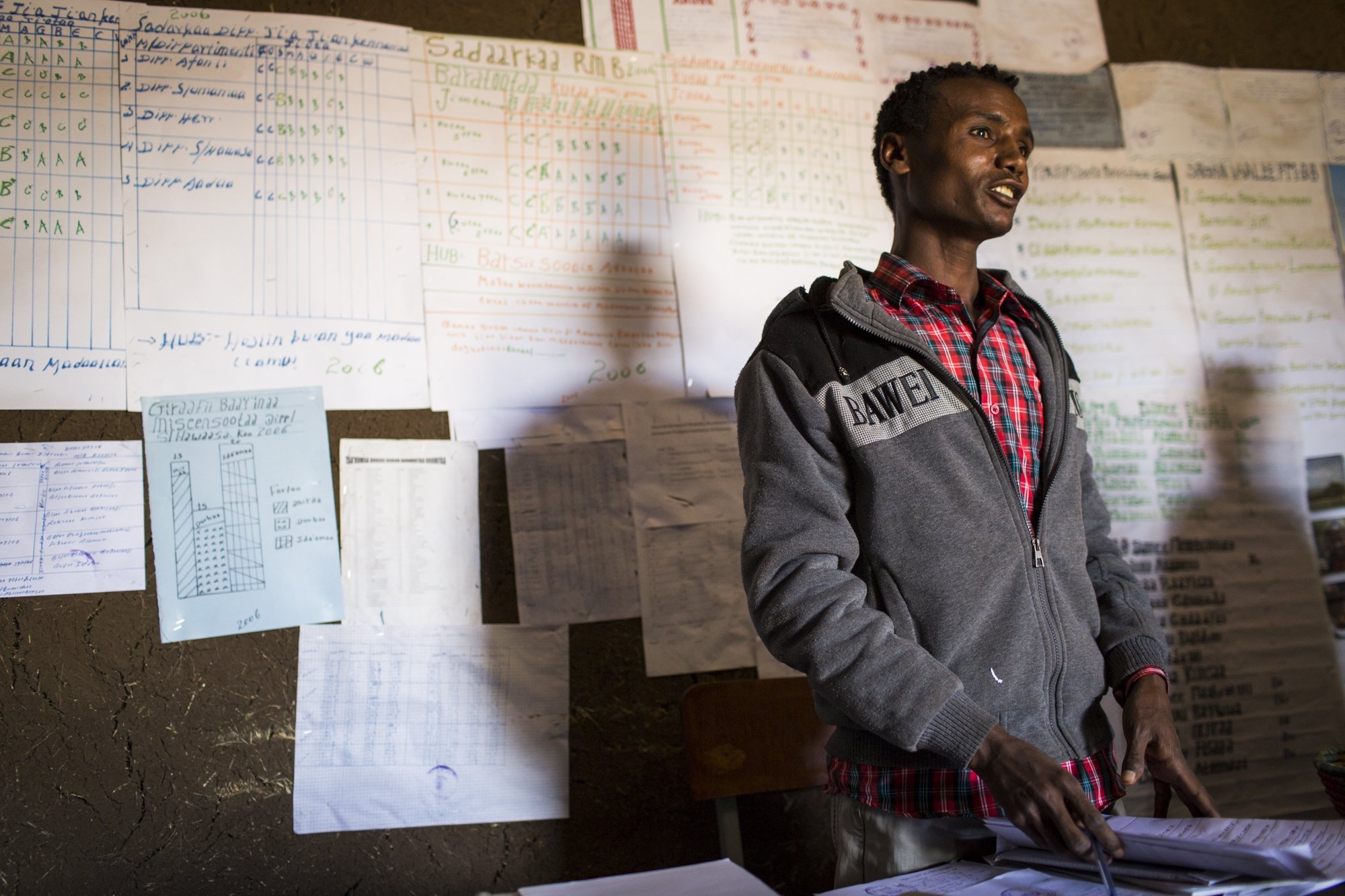Ethiopia - Right to play
Wuchale Woreda
The project uses the power of sport and play to improve children’s school environment. The goal is to provide children with regular and structured learning activities based on play and focused on healthy and positive behaviour. The focus is also on training teachers in order to facilitate these activities and to promote the use of interactive learning activities in their classes.
Wuchale is a district of the Oromia region in Ethiopia. The main livelihood of the district is agriculture, particularly cereal production and animal rearing. It has a population of 108,926 people. Children under the age of 18 account for 45% of the population. Access to social services is inadequate and still considered one of the lowest by the standard of the country. Wuchale is characterised by food insecurity. Although 91.7 % of the children have access to education, there are still significant issues related to girls’ enrolment in school.
Source: Community Profile Right To Play, July 2014.
My name is Alemnesh Hailu. I’m 14 years old. I’m in 7th grade at the Abu Yifech school, where I have been going for 7 years. I go to class either in the morning or the afternoon, depending on the class schedule. At first I didn’t like school, but thanks to playing and sports I’m happy to go now because I can learn and play at the same time. My favourite subjects are English and Amharic, the language of my country. I like being with my school friend Yewubnesh, who is a model for me. My dream is to become a doctor in Addis-Abeba so I can look after sick people.
My mother’s name is Emleset Gerawok. She is 27 years old. She left primary school when she was in the 6th grade because she was abducted and married by force. She was alone when she was pregnant with me. She then had three boys, my half-brothers, who today are 10, 9 and 7 years old. She makes at home and sells arake, a local drink. My mother supports my studies because she wishes to provide me with a different future. She hopes I will be able to continue to study and have opportunities she did not have. At the same time, she is worried about me because forced marriages are common in our community. As she says, “Illiterates can't do anything. Education is life.”
© Jean-François Lemire
« Dans un pays où la jeune fille se lève à 5 h du matin pour aider sa mère à accomplir des tâches domestiques, où elle doit parfois marcher une heure pour se rendre à l'école, et une autre pour revenir à la maison, sans compter les heures d'études à la chandelle, vers 23 h. Dans un pays où, souvent, une adolescente devra se marier très jeune, ce projet est une occasion pour elle de retrouver sa jeunesse. Jouer et apprendre pour aspirer à une certaine autonomie. »
Jean-François Lemire
